Six journalists speak about the legal efforts to silence them over their reporting


Six journalists speak about the legal efforts to silence them over their reporting
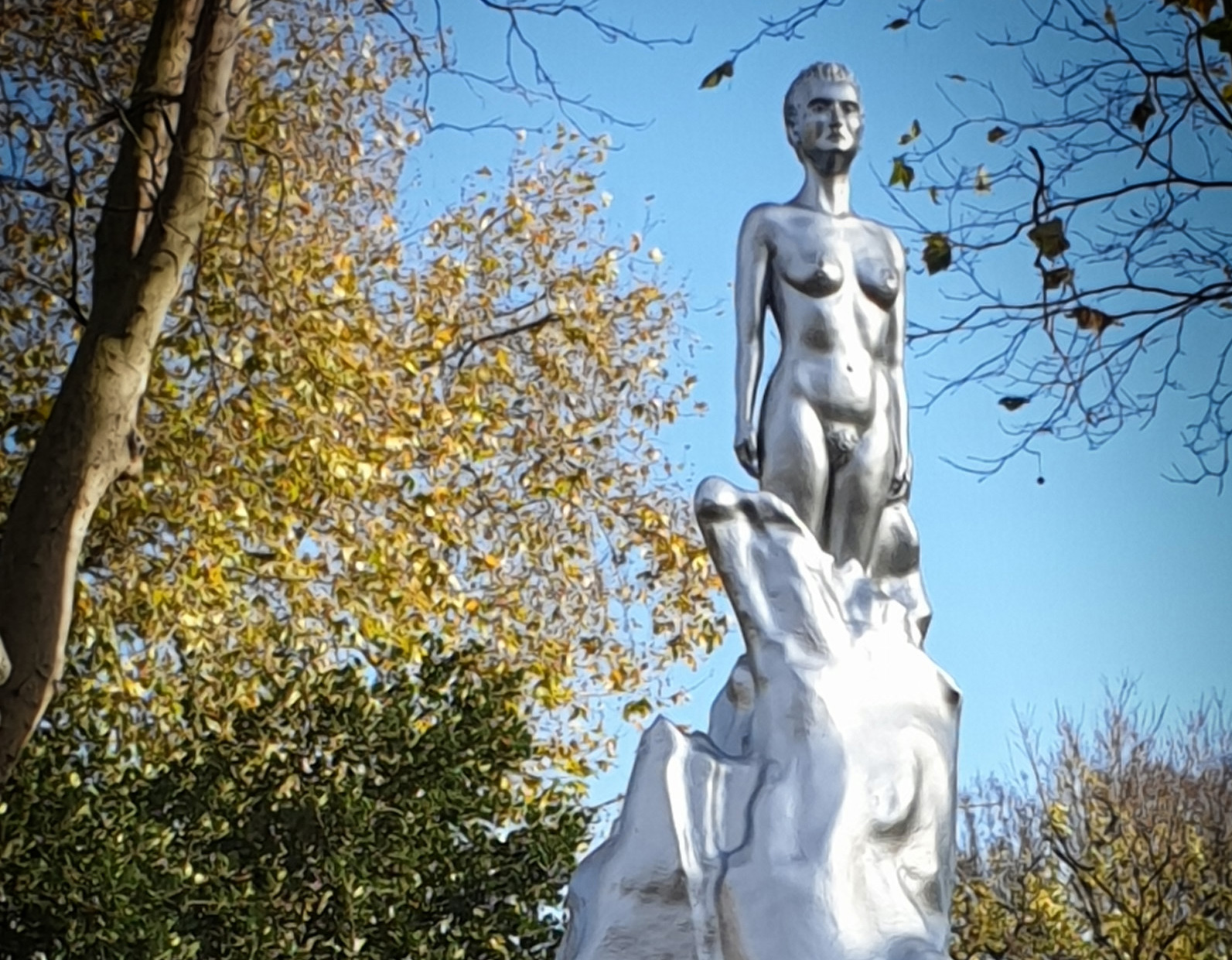
Maggi Hambling’s A Sculpture for Mary Wollstonecraft has been roundly criticised, with some trying to censor its nakedness
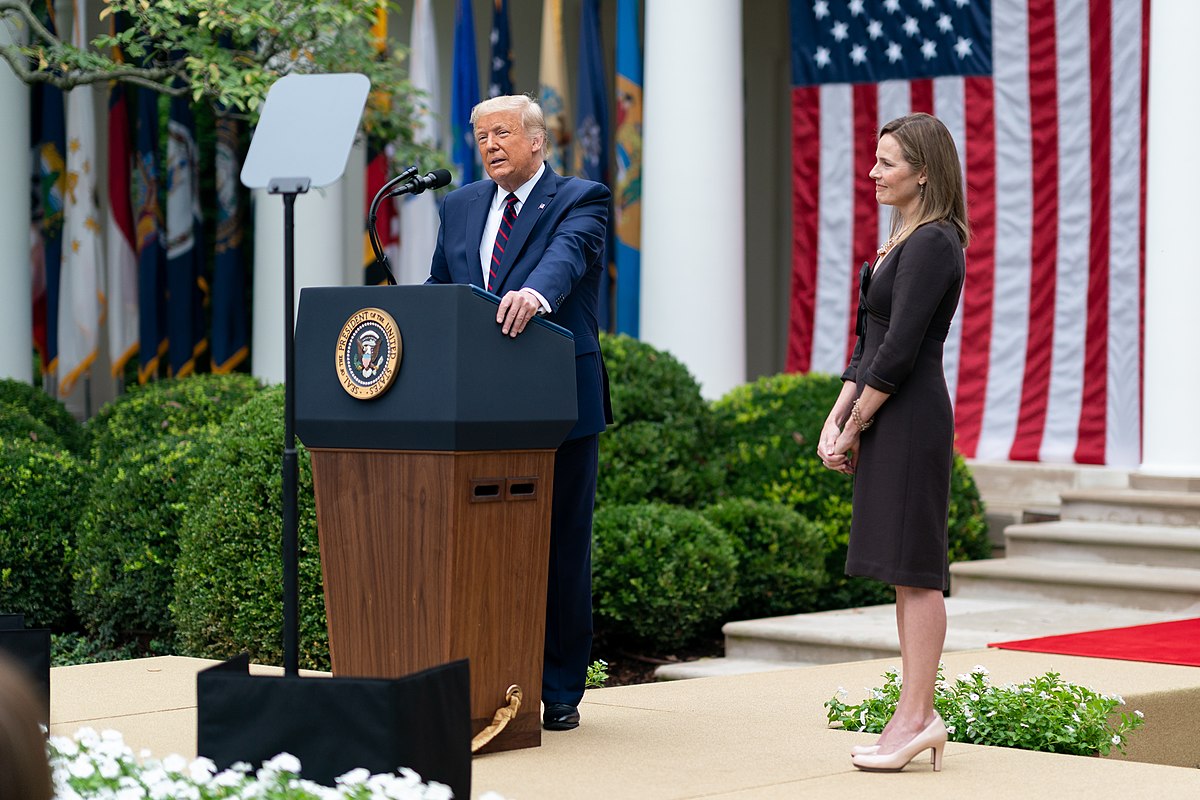
Supreme Court nominee’s responses to questioning on key issues during confirmation hearings have not allayed fears
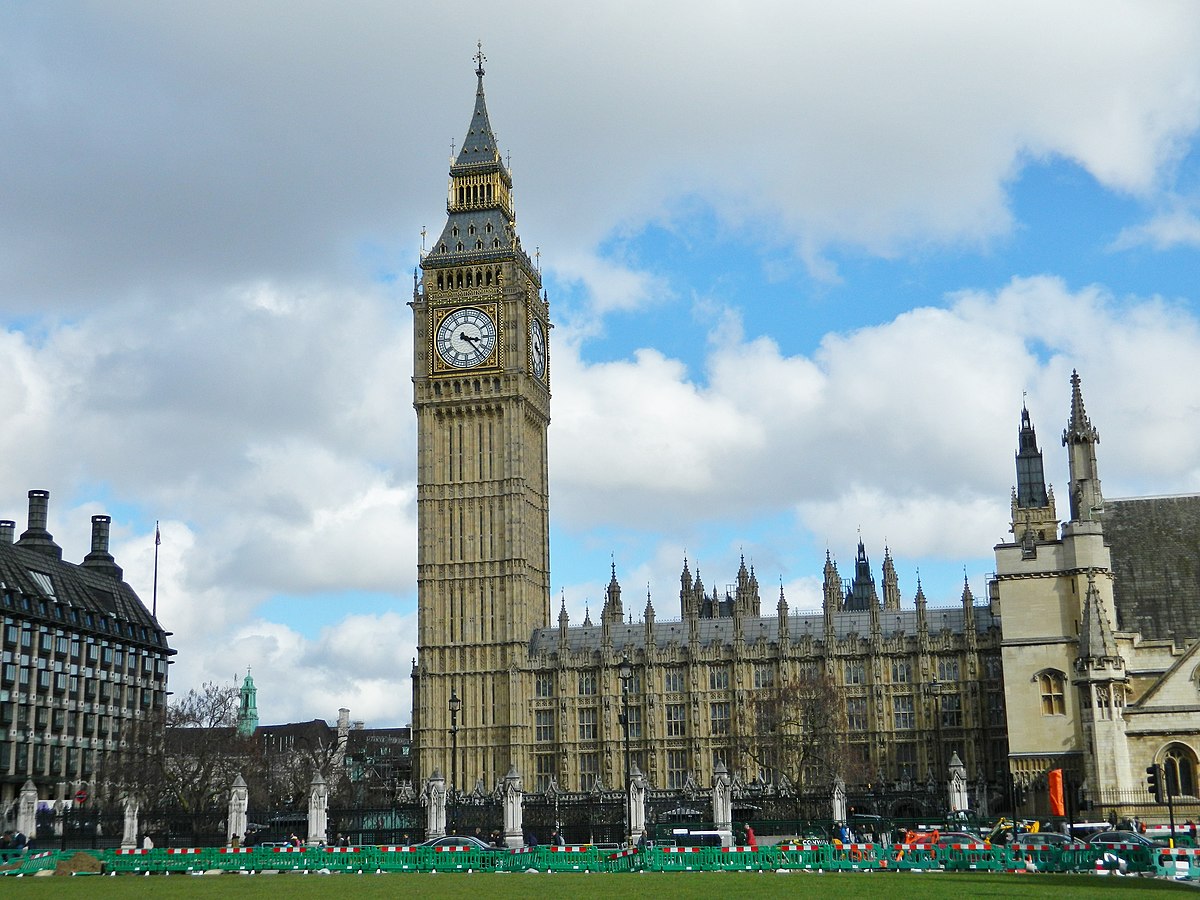
Index CEO Ruth Smeeth discusses the proposed Online Harms Bill in a virtual session organised by the Board of Deputies after a rise in anti-Semitic attacks
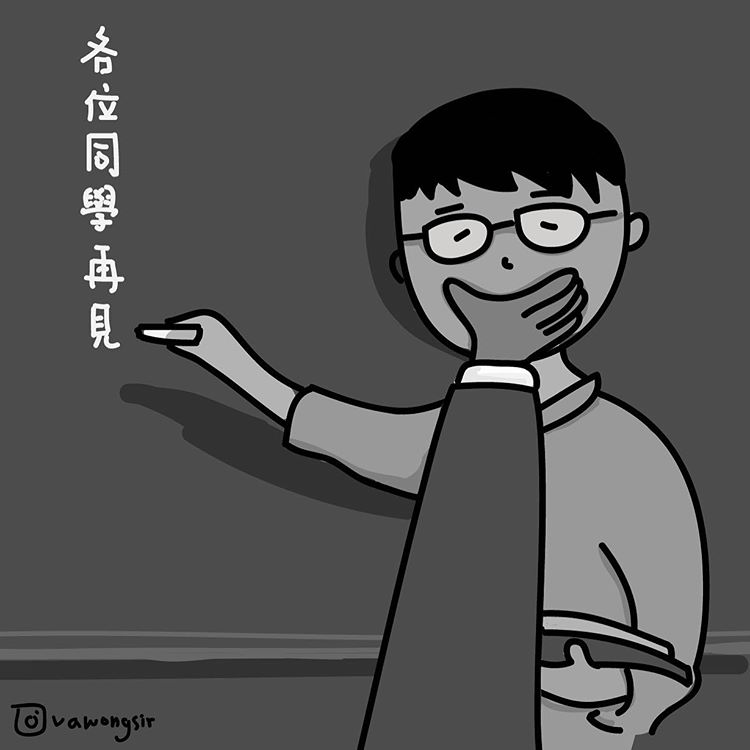
Academics are losing tenure and teachers are being fired as China’s national security law bites
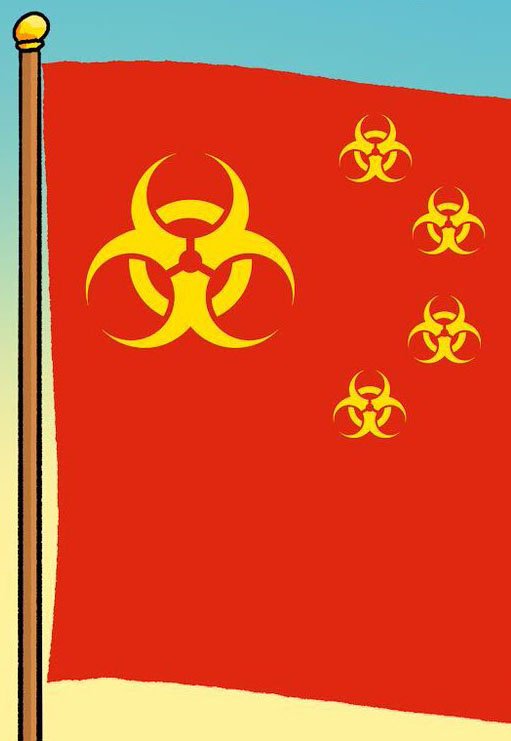
Cartoons make you laugh, wince and – increasingly in this pandemic – angry. We find out why

Several countries have banned publishers from producing and distributing print newspapers and magazines to stop the spread of the Covid virus despite a lack of scientific evidence
You can also view this report online or download it as a PDF.
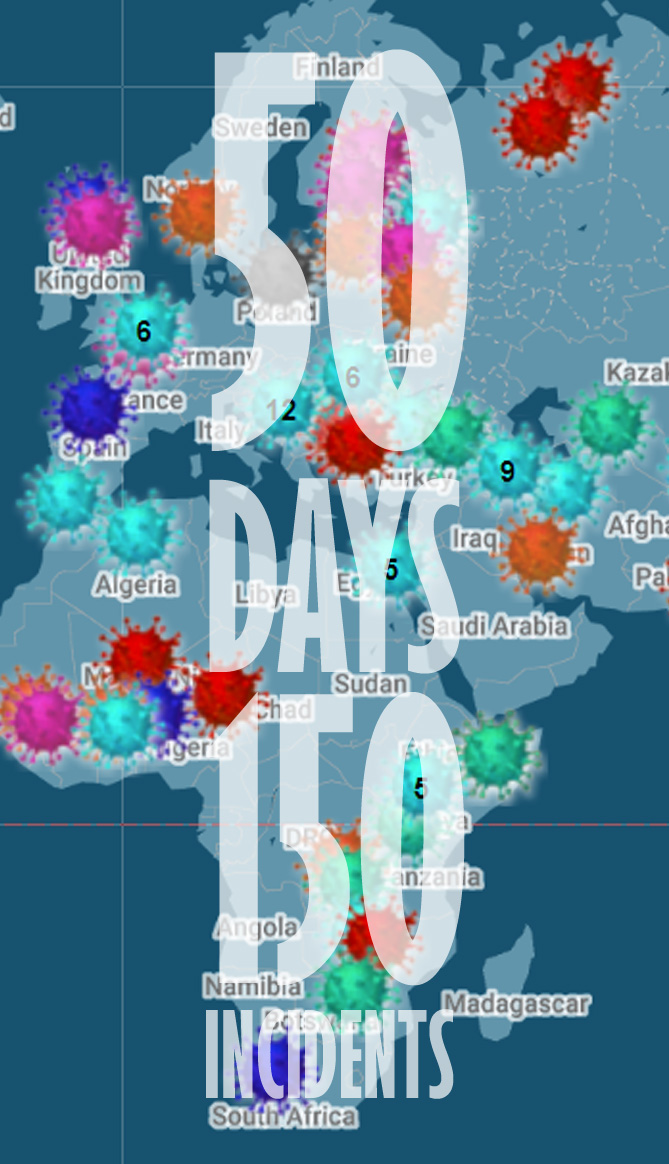
In the 50 days since Index started tracking incidents where journalists have been attacked or stopped from reporting on Covid-19, we have reported on more than 150 incidents

Governments are sweeping information requests under the coronavirus carpet. We must not let them
Petitions, letters, and press releases from Index on Censorship